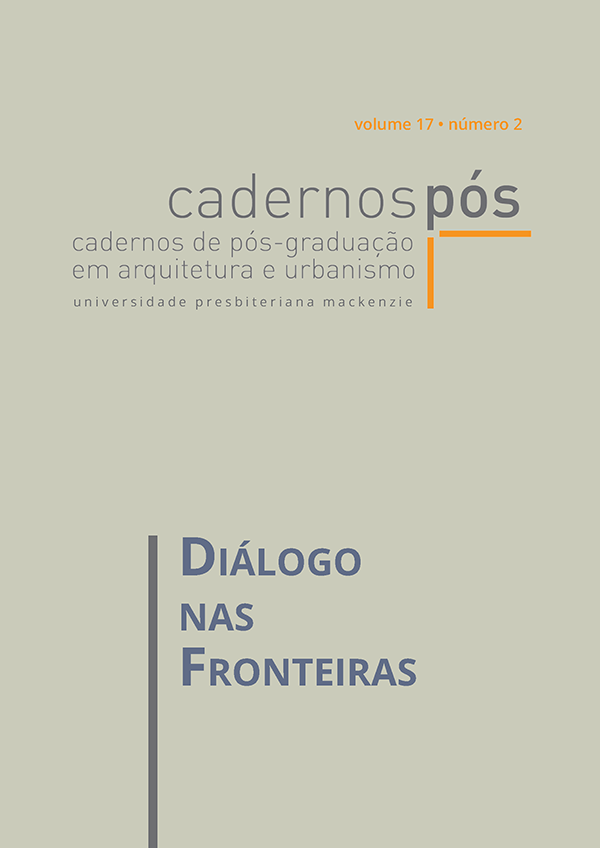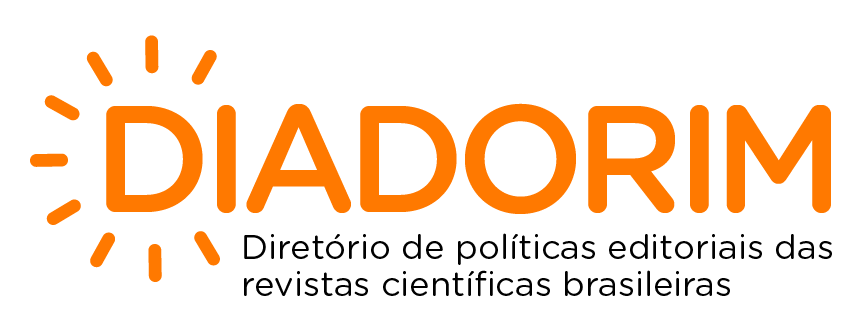Political and Educatinal Reverbaration for a Health City
Keywords:
Healthy Urban Planning, Medicinal Gardens, Environmental Education, Healthy City.Abstract
The humanization of public space and the return of human scale proposal for the urban planning brings the construction of more democratic political spaces through community participation, implying a set of factors in favor of progress towards a more balanced society with a higher quality of life and well-being that aims at planning a healthy city. The purpose of this article is to identify healthy city values and principles and discuss the results of field research carried out in the Community Garden of Maria Augusta Canto Camargo Bilia Municipal School in Santa Barbara d’Oeste, located in the interior of São Paulo’s state, Brazil. The study of the search for political strategies in favor of the benefit of health, education and social justice, through the interrelationship between the Garden and the school community for health urban planning on the human scale, identifying the strategies proposed by caregivers, managers and local residents about the importance of the Exchange experiences and the participation of students in the awareness of the care and consumption of an urban community Garden products. The methodology used in this work was the construction of two research tools, a script for "Observational Dialogue" and a WHOQOL-100 readjustment questionnaire, based on the school visit, through research that uses the interview technique and other procedures articulated among themselves as the record of human experience narratives. The present study brought as a conclusion, the importance of actions that improve the empowerment and the development of the autonomy and the governance essential for the construction of possible indicators of healthy city.Downloads
Downloads
Additional Files
Published
How to Cite
Issue
Section
License
Authors who publish in this journal agree to the following terms:
a) Authors retain the copyright and grant the journal the right of first publication, with the Project simultaneously licensed under the Creative Commons Attribution License that allows the sharing of the Project with recognition of the authorship and initial publication in this journal.
b) Authors are authorized to assume additional contracts separately for the non-exclusive distribution of the version of the Project published in this journal (e.g., publishing in an institutional repository or as a book chapter), indicating that it was originally published in this journal, with a link to the article.








 Todo o conteúdo de Cadernos de Pós-Graduação em Arquitetura e Urbanismo está licenciado sob
Todo o conteúdo de Cadernos de Pós-Graduação em Arquitetura e Urbanismo está licenciado sob 